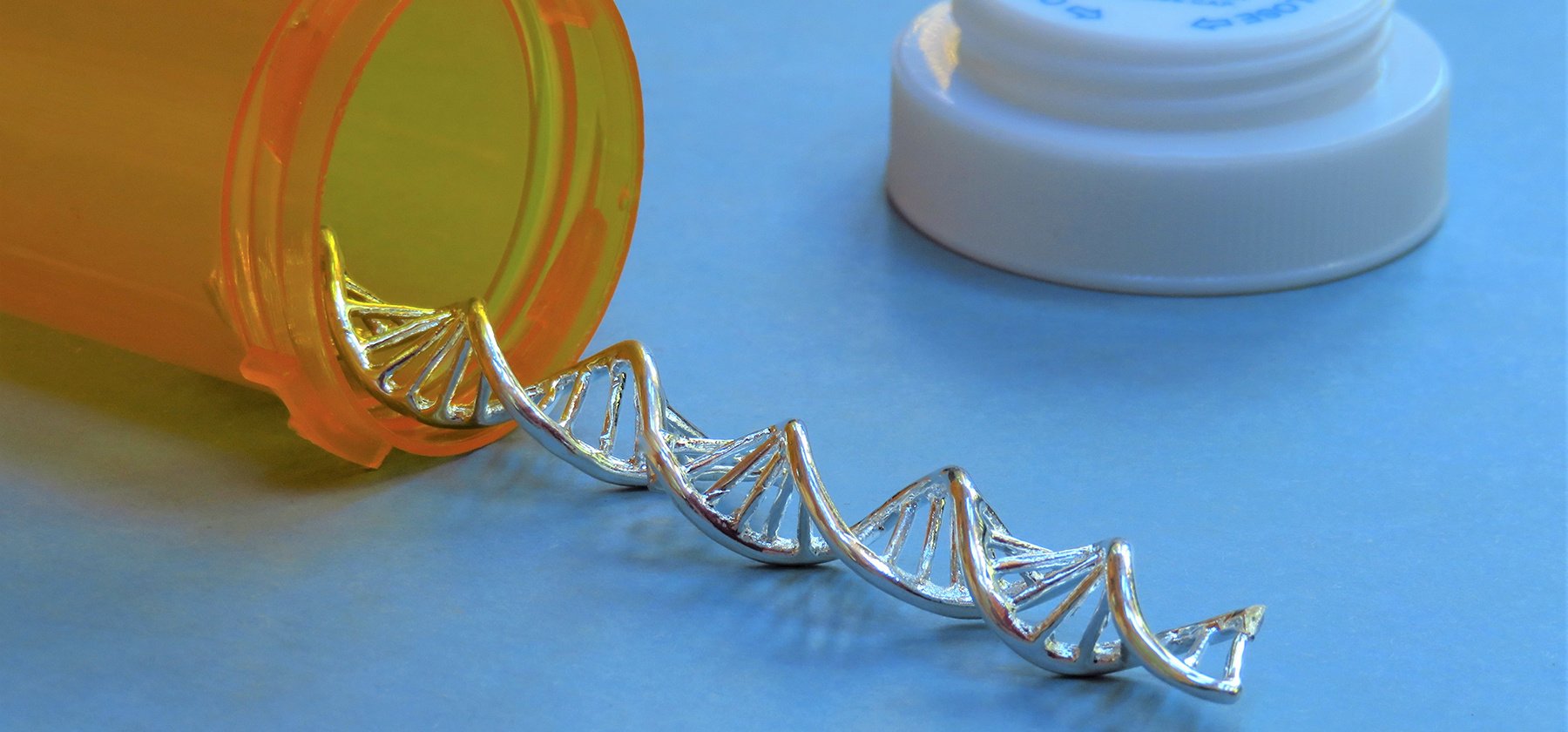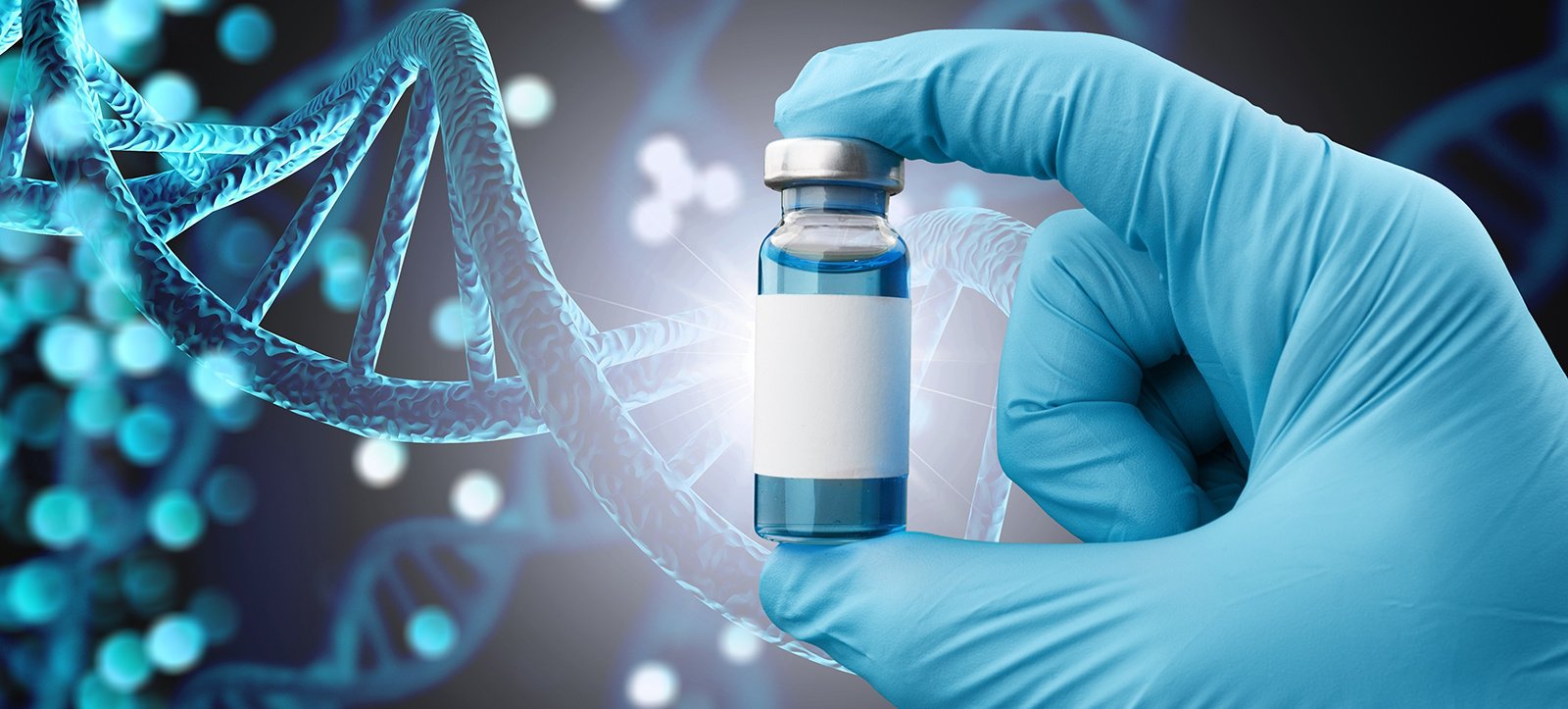Introduction to Biomarkers in Drug Development
Biomarkers have become a cornerstone in the advancement of modern drug development and precision medicine. A biomarker, short for biological marker, is a measurable indicator of some biological state or condition. These can be proteins, genes, or other molecules that signal an abnormal or normal process in the body. The use of biomarkers has transformed the pharmaceutical industry by allowing researchers to develop therapies that target specific pathways in diseases.
In drug development, biomarkers help in various phases, from drug discovery to clinical trials, enabling researchers to understand disease progression and the body’s response to treatments. By identifying how specific biomarkers correlate with diseases, pharmaceutical companies aim to develop drugs that are more effective, safe, and tailored to individuals. The distinction between primary and secondary biomarkers is vital, as primary biomarkers indicate disease presence, while secondary biomarkers offer additional information on disease progression or treatment response.
The Role of Biomarker Analysis in Precision Medicine
Precision medicine aims to tailor treatment to individual patients based on their genetic, environmental, and lifestyle differences. Biomarker analysis plays a pivotal role in realizing this vision. In the context of drug development, biomarkers guide drug design to target specific populations more likely to benefit from a particular therapy. Unlike the traditional “one-size-fits-all” model, precision medicine considers individual variability in genes, environment, and lifestyle.
Biomarkers and Personalized Treatment
Biomarker-driven therapies have led to breakthroughs in personalized treatments for various diseases. For instance, in oncology, specific genetic mutations in tumors have been used as biomarkers to develop therapies targeting those mutations, leading to more effective and less toxic treatments. HER2-positive breast cancer is one such example, where the overexpression of the HER2 protein serves as a biomarker for treatments like trastuzumab, which targets HER2-positive cells, leading to better outcomes.
In other fields, such as cardiovascular disease and infectious diseases, biomarkers also guide treatment decisions. For example, cholesterol levels are biomarkers used to assess cardiovascular risk and guide treatment with statins, while viral load serves as a biomarker in the management of HIV to determine the efficacy of antiretroviral therapy.
Case Studies of Successful Biomarker-Driven Therapies
HER2 in Breast Cancer
The development of trastuzumab for HER2-positive breast cancer is a landmark in biomarker-driven therapy. HER2 (human epidermal growth factor receptor 2) is overexpressed in about 20% of breast cancer patients, and this biomarker is used to identify those who will benefit from targeted treatment with trastuzumab.
PD-L1 in Immunotherapy
Programmed death-ligand 1 (PD-L1) expression is a biomarker used to identify cancer patients who may benefit from immune checkpoint inhibitors like pembrolizumab. These therapies help the immune system recognize and attack cancer cells, improving patient outcomes in cancers like melanoma and lung cancer.
BRCA1 and BRCA2 in Ovarian Cancer
BRCA1 and BRCA2 gene mutations are biomarkers for increased risk of breast and ovarian cancers. Targeted therapies like PARP inhibitors are now used for patients with these mutations, showing better outcomes than traditional chemotherapy.
Types of Biomarkers in Drug Development
There are various types of biomarkers used in drug development, each serving a different purpose:
Diagnostic Biomarkers
These are used to detect the presence of a disease. For example, prostate-specific antigen (PSA) levels are used as a diagnostic biomarker for prostate cancer.
Prognostic Biomarkers
These indicate the likely course or outcome of a disease, irrespective of treatment. For instance, high levels of certain proteins in cancers may suggest a poor prognosis.
Predictive Biomarkers
Predictive biomarkers indicate the likelihood of response to a particular therapy. For example, KRAS mutations in colorectal cancer are predictive biomarkers that suggest a lack of response to certain therapies.
Pharmacodynamic Biomarkers
These measure the biological response to a treatment. For example, measuring the decrease in viral load in response to HIV treatment acts as a pharmacodynamic biomarker.
Technologies Used in Biomarker Analysis
The development of biomarkers is heavily reliant on advances in technology. A range of innovative technologies is used for biomarker discovery and analysis:
Genomic Technologies
Genomics is the study of an organism’s complete set of DNA, including all of its genes. Techniques like next-generation sequencing (NGS) and polymerase chain reaction (PCR) have revolutionized biomarker discovery by enabling researchers to sequence entire genomes quickly and identify genetic mutations or alterations that can serve as biomarkers for diseases.
- Next-Generation Sequencing (NGS): NGS allows the simultaneous sequencing of millions of DNA fragments, making it a powerful tool for identifying genetic mutations associated with diseases. For example, in cancer research, NGS can detect mutations in tumor DNA that serve as predictive biomarkers for targeted therapies.
- PCR: PCR is used to amplify specific DNA sequences, making it easier to detect genetic mutations associated with diseases. It is a more targeted approach compared to NGS and is often used for detecting known genetic alterations.
Proteomics
Proteomics is the large-scale study of proteins, which are the functional products of genes. Unlike genomics, which looks at DNA, proteomics focuses on the proteins that genes encode, providing a closer look at the biological processes in cells. Proteomics techniques, such as mass spectrometry, are used to identify and quantify proteins that may serve as biomarkers for disease or treatment response.
Imaging Biomarkers
Imaging biomarkers are used in various fields, particularly in oncology and neurology. Techniques like magnetic resonance imaging (MRI) and positron emission tomography (PET) can detect changes in tissues and organs that serve as biomarkers for disease progression or treatment response.
Bioinformatics and Data Analytics
With the vast amount of data generated from genomic and proteomic studies, bioinformatics and data analytics play a crucial role in biomarker discovery. Advanced algorithms and machine learning models help identify patterns and correlations between genetic alterations and disease outcomes, leading to the discovery of novel biomarkers.
Biomarker Validation and Clinical Trials
Biomarker validation is the process of confirming that a biomarker is reliable and reproducible in predicting clinical outcomes. This is critical because biomarkers must be validated before they can be used in clinical practice or drug development. Validation often involves retrospective studies and prospective clinical trials to ensure that the biomarker consistently predicts the intended outcome.
The Importance of Biomarkers in Clinical Trials
Biomarkers play a key role in designing clinical trials by enabling researchers to identify specific patient populations who are more likely to respond to a treatment. This helps in conducting smaller, more efficient trials with better chances of success. For example, by using biomarkers to stratify patients based on their likelihood of response, researchers can target therapies to those who will benefit the most, reducing the time and cost of trials.
Regulatory Guidelines and Challenges
Regulatory bodies, such as the U.S. Food and Drug Administration (FDA) and the European Medicines Agency (EMA), have established guidelines for biomarker validation in clinical trials. However, challenges remain in ensuring that biomarkers are validated across diverse populations, as genetic and environmental factors can influence their efficacy.
Challenges and Limitations in Biomarker Research
Despite its potential, biomarker research faces numerous obstacles:
- Technical Challenges
- High sensitivity and specificity are required in biomarker discovery and validation.
- Variability in sample handling, data interpretation, and analysis affects performance.
- Ethical Considerations
- Privacy concerns arise with genetic biomarkers, along with potential discrimination based on genetic information.
- Ensuring informed consent and safeguarding patient data is essential.
- Economic and Regulatory Barriers
- Biomarker development is costly, and obtaining regulatory approval for clinical use is time-consuming.
- Limited reimbursement for biomarker tests can restrict accessibility.
Future Trends in Biomarker Analysis and Precision Medicine
Advancements in technology are shaping the future of biomarker research and precision medicine.
| Future Trends | Description |
|---|---|
| Artificial Intelligence and Machine Learning |
Analyzes large genomic and proteomic datasets to identify biomarkers and predict treatment responses. |
| Liquid Biopsies | Enables non-invasive monitoring of disease and treatment response by detecting biomarkers in bodily fluids like blood. Particularly useful in cancer research to detect circulating tumor DNA. |
| Biomarkers for Rare Diseases and Immunotherapies |
Expands research scope to rare diseases and immunotherapies, enabling targeted therapies for genetic disorders. |
Conclusion
Biomarker analysis is revolutionizing drug development and precision medicine by enabling personalized treatment approaches. From improving clinical trial design to developing targeted therapies, biomarkers are critical in shaping the future of healthcare. As research continues to evolve, the promise of biomarker-driven therapies offers hope for more effective treatments and better patient outcomes.
Accelerate your research and clinical trials by integrating biomarker analysis into your drug development pipeline. Stay ahead in the precision medicine revolution and explore the potential of biomarkers to transform patient care.
Frequently Asked Questions (FAQs)
Biomarkers are biological indicators, such as proteins or genes, that provide information about a biological process or condition.
Biomarkers are used in drug development to identify patient populations, predict treatment responses, and monitor disease progression.
Biomarker validation ensures that a biomarker is reliable, reproducible, and accurate in predicting clinical outcomes or disease states. Without validation, there is a risk of false results, which could lead to ineffective treatments or incorrect patient stratification in clinical trials.
Biomarkers allow for treatments to be tailored to the individual based on their unique biological characteristics, such as genetic mutations or protein expression levels. This approach, known as precision medicine, leads to more effective and targeted therapies.
Some of the primary challenges include technical difficulties in biomarker discovery, high costs of development, ethical concerns around genetic data, and regulatory hurdles for clinical use. Moreover, the validation and generalizability of biomarkers across diverse populations remain significant concerns.







